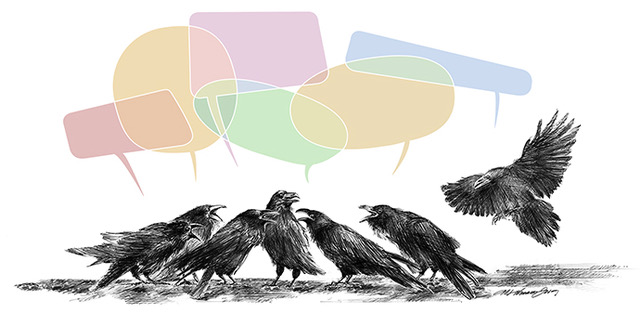Penny University at Town Hall invites you to join the conversation!
Tackling the Climate Crisis

Thursday, August 22, 2019, 7:30pm
The Town Hall Forum
1119 8th Ave (west entrance)
Seattle
Doors open at 6:30pm
FREE
The latest edition of Penny University asks all of us to imagine ourselves in positions of power to make radical political or economic decisions in response to the climate crisis.
Imagine that some great shock has galvanized the world at last, and made it clear that we must address climate change as an absolute emergency—every moment counts. The UN General Assembly and the Security Council have voted unanimously to convene a Climate Crisis Response Team. You’re on it. You have deep pockets and a blank slate, but very little time. How do you allocate money, attention, time, policy, and legislation? What are your top priorities? How do you trade off between mitigating damage that’s already been done, preventing new damage, and reversing the causes of damage to make it possible for the climate to improve?
Discuss, listen, and learn from one another as we envision a better world!
![]()
Edward Wolcher, Town Hall’s curator of lectures, and I created the Penny U conversation series to flip the script on a standard Town Hall event. Instead of presenting the ideas of an expert, Penny U prompts you to become a participant and explore big ideas through community conversation and popular education. This edition of these conversations has also been framed by John Boylan, Tom Corddry, Theresa Earenfight, Carolyn Law, and Warren Wilkins.
The cafe and bar will be open, cafe tables will allow talk in small groups so everyone can be heard, pens and paper will let each table capture highlights, and we’ll wrap up back together in one big conversation.
If you register (red button above), you’ll receive a “Know before you go” message containing additional information, including lists of known solutions. You can also register by going to Town Hall’s website here.
![]()
Penny U’s name is borrowed from 18th century London coffeehouses called “penny universities.” For the price of a penny, people got coffee, pamphlets, the latest news and gossip, and lively conversations on politics and science, literature and poetry, commerce and religion. The low cost led to a mingling of people from all walks of life. Anyone of any social class could frequent the coffeehouses, which became associated with equality and civil society. Penny universities became safe havens for political discussion, exchange of ideas, and civil debate. More about Penny U at Town Hall here.
Many thanks to Anita H. Lehman for the picture of ravens in active conversation. You can learn more about her here.
![]()